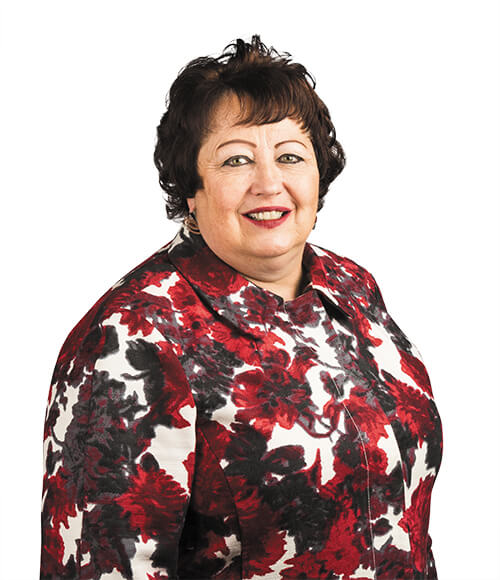A letter from President Phipps
 The start of a new academic year is a favorite time for me — and has been since I was a young girl who absolutely loved going to school. Each August, just days before first-year undergraduates join our community, all Messiah College employees gather in the Calvin and Janet High Center for the Performing Arts to pray, celebrate the previous year’s accomplishments and look forward to the year ahead. This year, in my State of the College address, I invited employees to embrace a rich, visual metaphor of Messiah College as a tree firmly rooted in its educational mission and 110-year-old articulation of “Christ Preeminent.”
The start of a new academic year is a favorite time for me — and has been since I was a young girl who absolutely loved going to school. Each August, just days before first-year undergraduates join our community, all Messiah College employees gather in the Calvin and Janet High Center for the Performing Arts to pray, celebrate the previous year’s accomplishments and look forward to the year ahead. This year, in my State of the College address, I invited employees to embrace a rich, visual metaphor of Messiah College as a tree firmly rooted in its educational mission and 110-year-old articulation of “Christ Preeminent.”
Just as changing environmental conditions affect trees in a forest, so Messiah College is enduring consequential challenges from its surrounding environment that require pruning existing branches while grafting new growth to preserve the health of our beloved tree. To secure Messiah’s future, we need to engage in metaphorical grafting by broadening our definition of a typical Messiah student to include individuals of different ages and stages of life. For Messiah to prosper in the future, we must understand that our educational mission is relevant for any person pursuing education—whether a recent high school graduate, a young scholar or an older adult seeking personal and professional development.
According to The Chronicle of Higher Education, “Nearly 44 million Americans ages 25 to 64 hold only a high school degree or equivalent. ... More than 35 million people have attended college but never earned a degree. Higher education may not be in the cards for everybody. But when nearly 80 million people — half the country’s adult working-age population — are prospective students, colleges would be wise to pay them more attention.” With 98 million people in the U.S. considered post-traditional adult learners, this audience represents an important area of potential growth for Messiah.
Moreover, expanding our vision and mission in new ways is consonant with our highest educational ideals. An individual’s intellectual life must not be boundaried by the contours of only a four-year traditional residential college program or physical campus. I believe that now is the time for Messiah College (soon to be University) to offer the opportunity for both young and older adults to engage in learning for life.
The addition of post-traditional adult learning programs is one example of possible grafting for Messiah College. Adult education is in demand nationally and we possess a strong infrastructure and resource base to offer the education that adults need to further their professional careers and enhance their intellectual and spiritual growth. In August 2020, we will be launching the first Messiah cohort of online post-traditional programs.
When I was inaugurated as Messiah College’s eighth president in 2005, my friend Professor Richard Hughes offered a meaningful charge. After espousing the characteristics of Messiah College — a place where, according to Richard, conviction, conversation, principles, openness and truth all have a place — he implored me, “If you take care to nurture these roots, the tree of this college will grow tall and strong and become a force for cross-centered living and community building wherever its branches extend. If you take care to nurture those roots, Messiah College will conform itself more and more to the Messiah for whom it is named.”
I am more convinced than ever that we must nurture our roots and diligently seek to conform our institution to its namesake of the Messiah. I am more convinced than ever that we are called to develop the intellect, character and faith of our students — and that calling must be broadened to include women and men across the adult life span. Our world needs Messiah graduates who will positively influence every segment of society. Thank you for your financial and prayer support which helps us fulfill that important need.